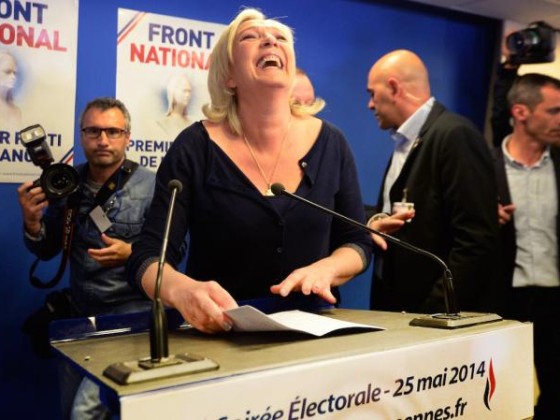In case you’re bored with the Republican primary antics, consider taking a closer look at European politics.
Yes, European politics.
Democracy on the continent has always had its wacky side. Consider Portugal’s national election, on Oct. 4. Among parties is a Maoist group using “death to the traitors” as a campaign slogan. Another leftist faction is led by a heavily pregnant psychologist with a penchant for posing naked on magazine covers. There’s a party that wants human rights extended to animals; and one for pensioners, running under the acronym PURP.
